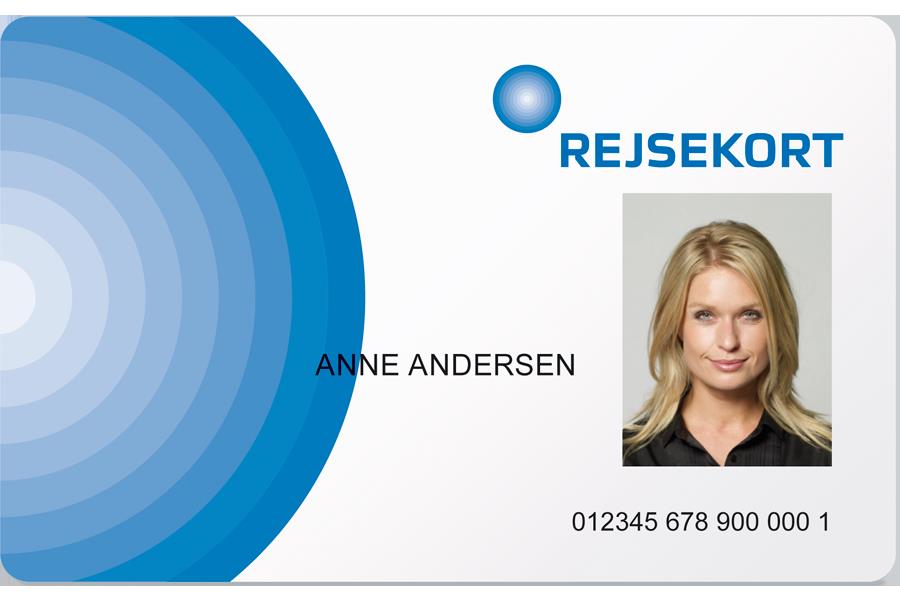The brave souls who bought the very first Rejsekort, back when the sceptics said it would never work (and they were very nearly right), have been rewarded with the news that the cards will soon expire, reports Ingeniøren.
In a rather anachronistic move, DSB has instructed the card owners to call its customer services department to order a replacement one, should they wish to continue to get the extra discounts granted to frequent travellers.
Those who choose to do this online will only be able to get a new one and will be charged 50 kroner.
The customers will then have to wait several days for the Rejsekort to be sent by post.
In general, DSB estimates the average Rejsekort will last five years before it needs to be replaced due to wear and tear.















